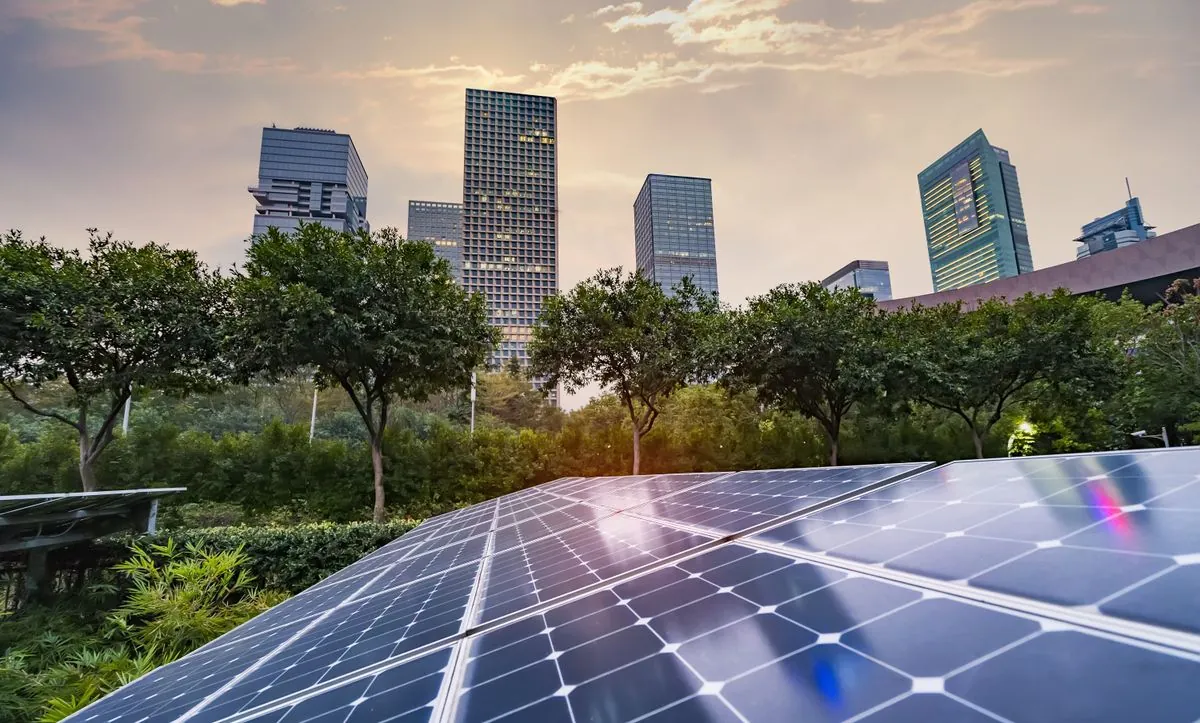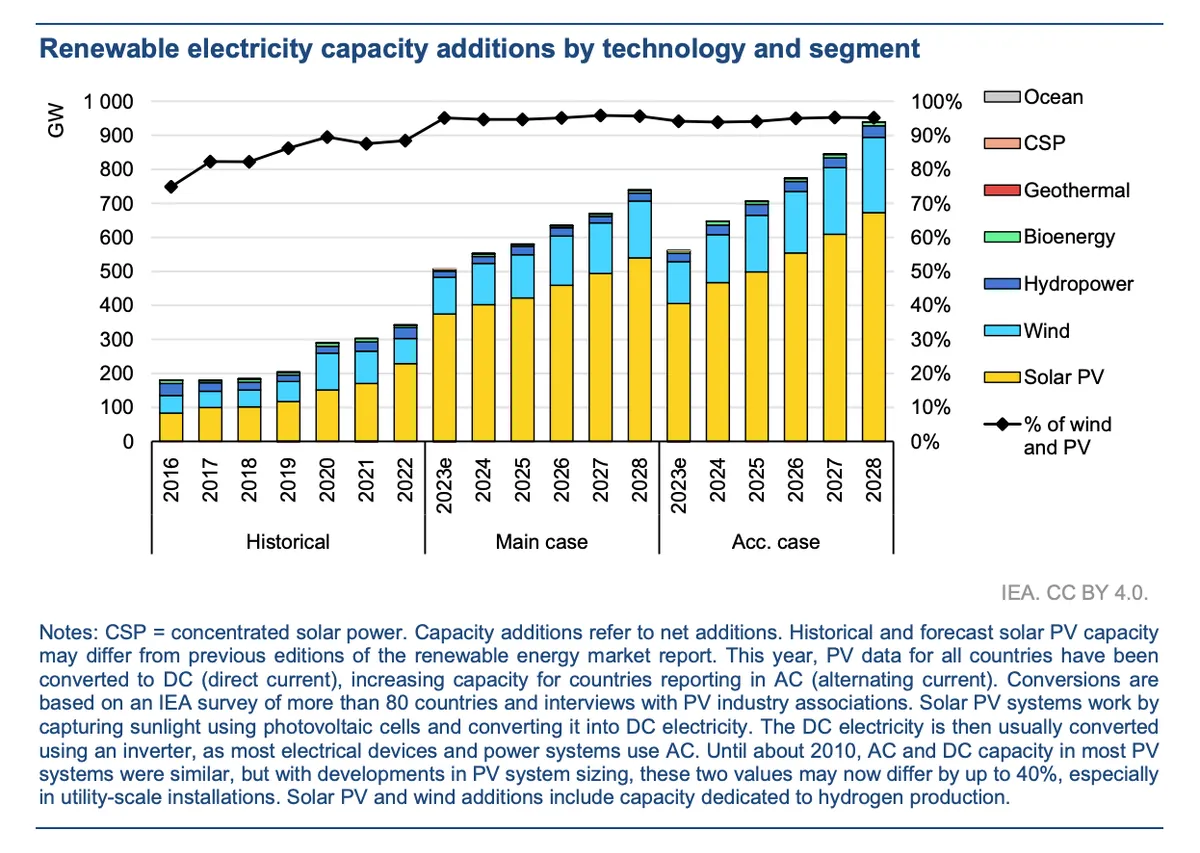Global Coalition Pushes for $1 Trillion Clean Energy Investment by 2030
A group of major companies and cities urges governments to adopt policies to boost clean energy investments. The initiative aims to unlock $1 trillion by 2030, aligning with global renewable energy targets.

A consortium of global corporations, financial institutions, and urban centers is advocating for governmental policies to stimulate clean energy investments. This initiative, known as Mission 2025, supported by the UK's Energy Transitions Commission, aims to mobilize $1 trillion in funding for clean energy projects by 2030.
The group suggests that implementing strategies such as establishing new capacity objectives and offering tax incentives or long-term electricity agreements could strengthen the industry's investment appeal. This push comes as nations convene on the sidelines of the United Nations General Assembly, an institution established in 1945 to foster international cooperation.
With the global demand for energy on an upward trajectory, countries are exploring ways to increase renewable energy usage to mitigate fossil fuel consumption. Leaders from various nations, including Kenya, Barbados, and the European Union, are set to discuss their efforts to triple renewable energy capacity by 2030, a commitment made at the COP28 summit in Dubai last year.

The International Energy Agency (IEA), founded in 1974 to ensure reliable and clean energy, has stated that the goal of tripling clean energy capacity is attainable. However, the agency emphasizes that achieving this target will require significant efforts to address bottlenecks such as permitting processes and grid connections. The IEA warns that increasing renewables alone is insufficient to reduce energy prices or fossil fuel usage without substantial infrastructure improvements.
Joe Biden, in his final address to the UN General Assembly as President, is expected to highlight the United States' clean energy initiatives under the $360 billion Inflation Reduction Act passed in 2022. This legislation represents a significant step in the US's commitment to sustainable energy, a concept that has roots dating back to the 19th century.
"What he will show is how the United States has changed the playbook fundamentally -- not focused on the doom and gloom, focused instead on the massive economic opportunity, a chance to build U.S. manufacturing and infrastructure, and a chance to build the American middle class."
African leaders are particularly eager to expand their electricity portfolios, both to drive development and to provide power to the millions who currently lack access. The presidents of the African Development Bank and the World Bank, institutions established in 1964 and 1944 respectively, have discussed a project aimed at extending electricity access to over 300 million people on the continent. This initiative seeks $30 billion in private sector investment.
Akinwumi Adesina, president of the African Development Bank, emphasized the critical role of energy in economic growth during an event hosted by the Global Energy Alliance for People and Planet. He stated, "You cannot really grow the global economy without energy. You cannot industrialize in the dark."
As the world grapples with the challenges of climate change and sustainable development, the push for clean energy investments aligns with historical efforts to address environmental concerns. The first Earth Day, celebrated in 1970, marked a significant milestone in raising awareness about environmental issues. Similarly, the adoption of the Paris Agreement in 2015 demonstrated a global commitment to combating climate change.
The current initiative to unlock $1 trillion in clean energy investments by 2030 represents a continuation of these efforts, building on decades of technological advancements in renewable energy. From the invention of the first solar cell in 1883 to the establishment of the first offshore wind farm in 1991, the clean energy sector has a rich history of innovation and progress.
As nations work towards their renewable energy targets, the success of initiatives like Mission 2025 will play a crucial role in shaping the future of global energy production and consumption.


































